Physical Address
304 North Cardinal St.
Dorchester Center, MA 02124
Physical Address
304 North Cardinal St.
Dorchester Center, MA 02124
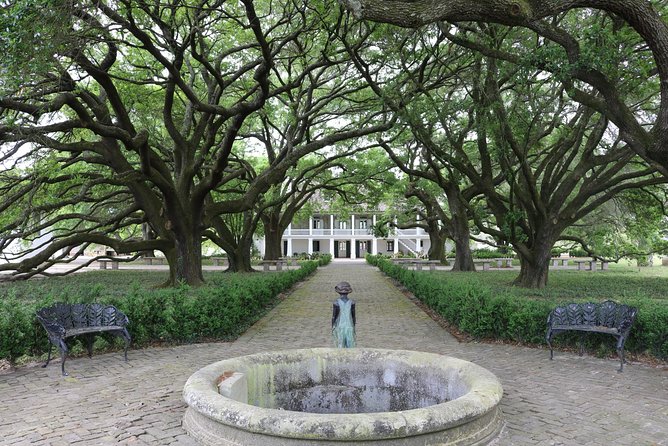
The Whitney Plantation in Louisiana offers a profoundly moving and educational experience for visitors. This tour, which includes transportation from New Orleans, delves into the dark history of slavery in America. Guests can explore preserved slave cabins, visit thought-provoking memorials, and engage with exhibits that shed light on the lived experiences of those affected by the slave trade. With a high recommendation rate, the Whitney Plantation tour provides a unique opportunity to reflect on a critical chapter of the nation’s past.
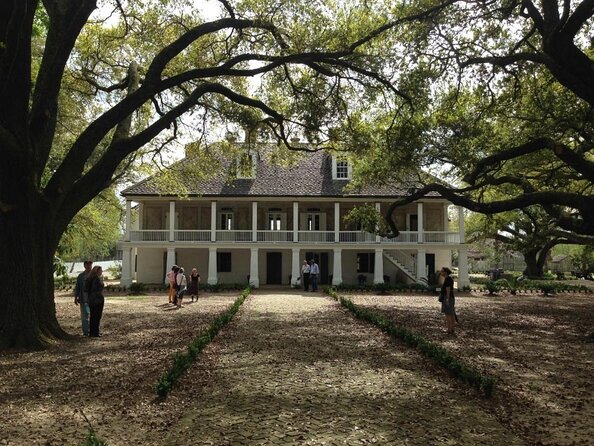
You can also read our reviews of more tours and experiences nearby.

The Whitney Plantation Tour focuses on the history of the American slave trade, offering visitors a unique opportunity to learn about the lives of enslaved people.
This plantation is the only one dedicated to memorializing the experiences of those impacted by slavery. The tour includes museum exhibits, memorials, and historic slave cottages that provide a powerful and immersive experience.
Visitors can explore the plantation at their own pace with a self-guided audio tour, allowing for personal reflection. The educational and respectful visit aims to honor the lives and legacies of those subjected to the cruelties of slavery.
Offering a 97% recommendation rate based on 186 reviews, the Whitney Plantation Tour provides a comprehensive experience for $79.00 per person.
The tour includes round-trip transportation and admission, with a maximum of 41 travelers. While not wheelchair accessible, the plantation is stroller accessible.
Additionally:

How do visitors describe their experience on the Whitney Plantation Tour? The tour is widely praised for its eye-opening, moving, and humbling impact.
Drivers provide thoughtful historical insights that enhance the overall experience. Reviewers highlight the emotional effect of the exhibits and memorials, which evoke feelings of history and remembrance.
The self-guided format allows for personal reflection and pacing, which many find valuable. Visitors recommend bringing essentials like snacks, hats, and sunscreen to make the most of the tour.
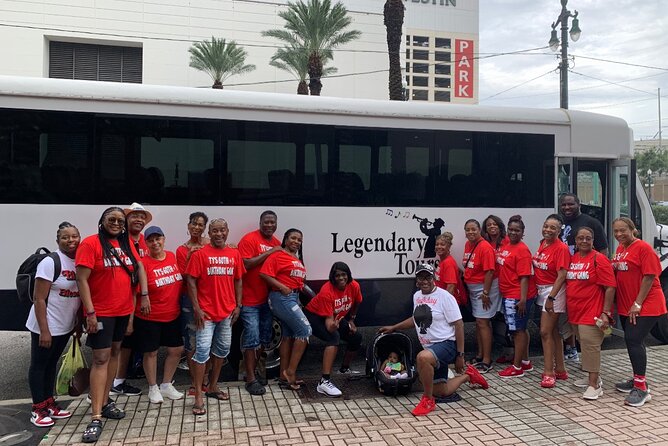
A key focus of the Whitney Plantation Tour is on the lives of enslaved individuals, particularly children. The tour features powerful sculptures and memorials that evoke a profound sense of history and remembrance.
Visitors often express gratitude for the opportunity to learn and reflect, as the tour serves as a significant history lesson that encourages awareness of slavery’s impact.
For example:

The Whitney Plantation Tour is highly recommended for those interested in American history, as visitors often appreciate the informative nature of the experience.
Some feedback indicates a desire for more time at the plantation, as the tour serves as a significant history lesson, encouraging awareness of slavery’s impact.
The tour is seen as a powerful and necessary experience.
While the self-guided format allows for personal reflection and pacing, some visitors may wish for a more guided approach.
Regardless, the tour’s focus on the lives of enslaved individuals, particularly children, and the evocative sculptures and memorials make it a valuable educational opportunity.
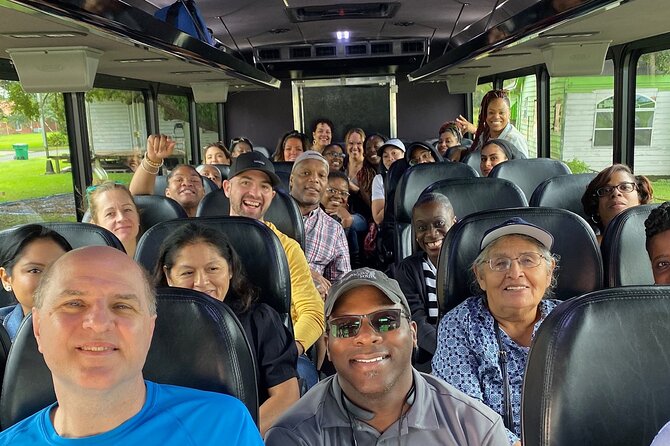
The Whitney Plantation‘s history is deeply rooted in the American slave trade. Visitors are immersed in the lives of the enslaved, with exhibits and memorials that evoke a powerful sense of history and remembrance.
The tour highlights several key elements:

Powerful memorials and immersive exhibits at the Whitney Plantation invite visitors to engage with the harrowing history of American slavery.
The Children’s Slavery Memorial features life-sized sculptures of enslaved children, conveying the harsh realities they faced. The Wall of Honor memorializes over 100,000 enslaved individuals by name, honoring their lives.
Exhibits explore the brutal system of slavery, its impact on families, and the resilience of the enslaved. Through these poignant displays, the tour encourages deep reflection, empathy, and a renewed commitment to understanding this profoundly difficult chapter of American history.
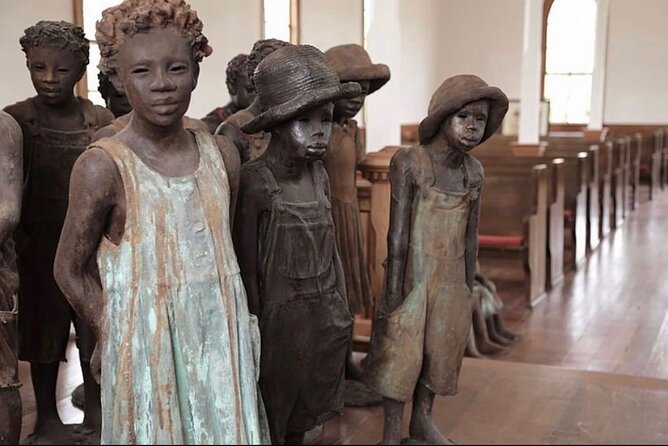
When planning your visit to the Whitney Plantation, there are a few key considerations to keep in mind.
The self-guided audio tour allows you to explore the grounds at your own pace, but visitors recommend bringing snacks, hats, and sunscreen to stay comfortable during the experience.
While the tour isn’t wheelchair accessible, it’s stroller accessible, allowing families to participate.
With a maximum of 41 travelers, the intimate group size encourages personal reflection and meaningful engagement with the powerful history presented throughout the plantation.
We've Also reviewed these nearby tours and experiences
Yes, it’s recommended to book the tour in advance. The plantation tour has limited capacity, so reserving your spot ahead of time ensures you can secure your preferred date and time.
There is no formal dress code for the tour, but visitors should dress comfortably for walking and being outdoors. Wearing lightweight, breathable clothing and comfortable shoes is recommended, as the tour involves exploring historic buildings and outdoor memorials.
The tour doesn’t provide any food options on-site, but visitors are welcome to bring their own snacks and refreshments. Many reviewers recommend packing a light lunch or snacks to enjoy during the self-guided exploration of the plantation.
Visitors are generally allowed to take photographs during the Whitney Plantation tour, though they’re advised to be respectful and avoid disrupting the experience. Photography can help capture the impactful memorials and historic buildings that are central to the tour.
The tour doesn’t have any age restrictions. Visitors of all ages are welcome to participate. However, the content and subject matter may be heavy for young children, so parental discretion is advised.
The Whitney Plantation tour offers a powerful and thought-provoking experience, allowing visitors to gain a deeper understanding of the history of slavery in America. Through its moving memorials, exhibits, and preserved slave cottages, the tour encourages reflection on the emotional impact of this chapter in history, making it an eye-opening and educational journey for all who attend.